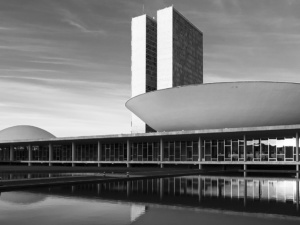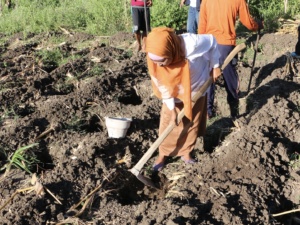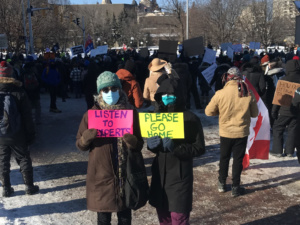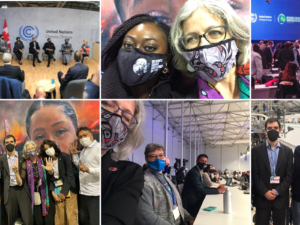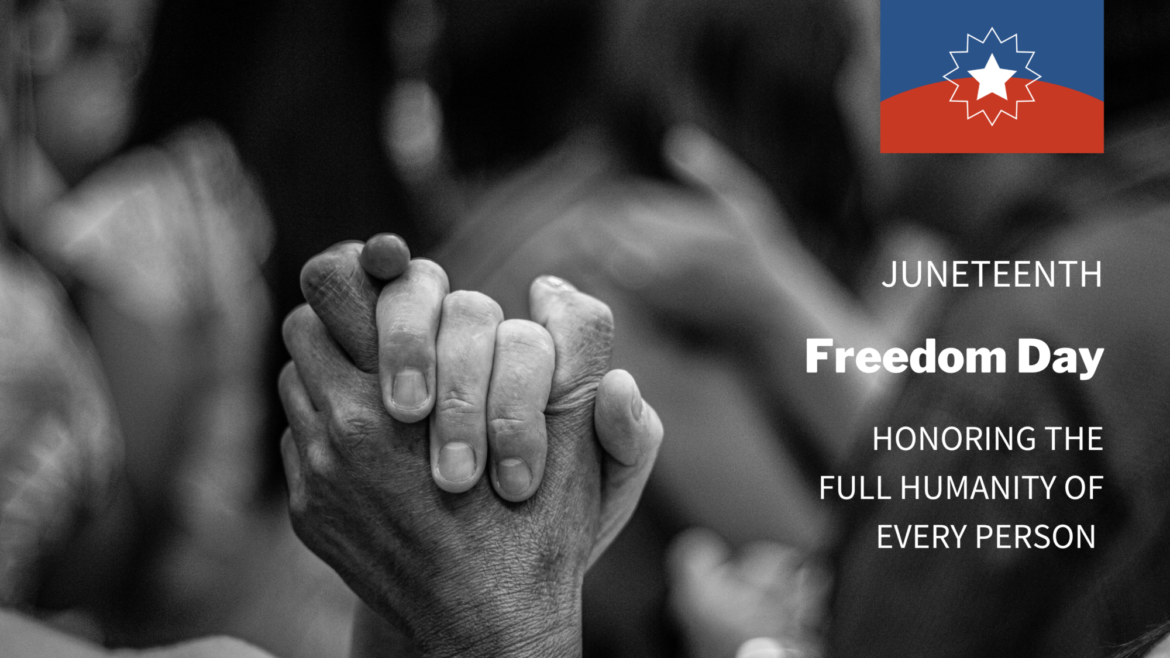
On June 19, 1865, Union forces arrived in Galveston, Texas, where enslaved people had been denied knowledge of the Emancipation Proclamation, which ended slavery in the United States more than two years earlier. That moment of liberation gave rise to the celebration known as Juneteenth. That moment was also indicative of the power of knowledge and access to it. It made clear what can occur when access to knowledge is denied.
At Citizens’ Climate International, we recognize the inherent rights and dignity of all human beings. We view Juneteenth as revealing how institutional and structural dynamics that deny people access to knowledge also limit their ability to exercise power to improve their situation. We call on all public authorities to fully recognize, honor, and serve the humanity of every person, without exception.
Though it marked the moment when the United States recognized that no person could be enslaved or treated as property, when democracy at last became possible, Juneteenth was not formally designated a national holiday until 2021, 156 years later. That long wait was emblematic of the institutional devices erected to continue pervasive and ongoing structural racism through abuse of the criminal justice system, suppression of voting rights, racist segregation of everyday life, environmental racism, and the unconstitutional use of lawmaking powers.
These elements are still key obstacles in the fight for climate justice globally.
Juneteenth is a clear testament to the importance of the right to know: the right to know what the law says, the right not to be deceived by abusive power-holders, the right to have a say in shaping your own life experience. For 901 days, enslavers in Galveston lied to enslaved people, to perpetuate a system of forced labor, torture, and terror. That denial of knowledge was a denial of the most basic rights.
During our Climate Diplomacy Workshops the week before the recent United Nations Climate Change negotiations, we talked about climate crisis response as “the ultimate test of solidarity”. Maghan Keita, our Board President, reminded participants that everything is text, and we need conscious and deliberate acts of critical thinking to avoid institutional bias and draw on many distinct bodies of knowledge, to make solutions work at the human scale.
Recognizing this, we are developing structured advocacy around the climate justice imperative, which calls us to:
- Reduce vulnerability everywhere, for everyone;
- Honor the right to know, the right to be heard, and the right to free, prior, and informed consent;
- Ensure access to facts and information, so information blockages (whether by failing to share or deliberately misleading) do not prolong the period of grievous threat and harm;
- Define legitimacy as unwavering commitment to work in service of all people;
- Invest to uplift those made more vulnerable by the actions of others.
Today, we pause to honor the ongoing resistance to the tragedy of two and a half centuries of brutal enslavement and its lingering effects. We recognize that more than 150 years since the moment of liberation we observe, everyday justice has yet to be achieved. We reflect on the duty of all people to demand, support, and act for justice for all others. Recognizing Juneteenth is indicative of the power of sustained commitment and action on behalf of justice. And so, we call on the international community, and all power-holders at all levels, to stop delaying action to liberate humankind from preventable harm.
Juneteenth should inspire us all to do so.


